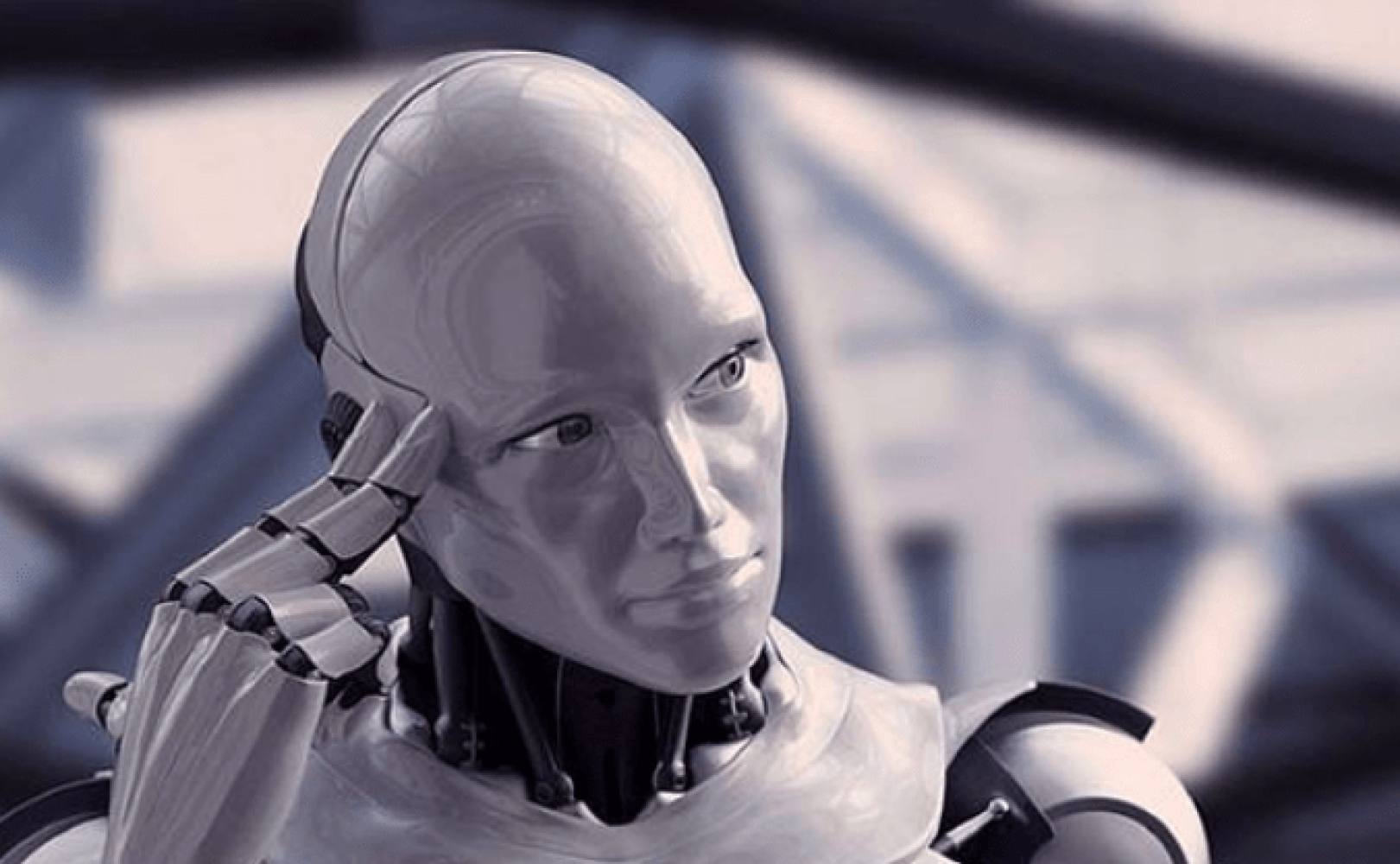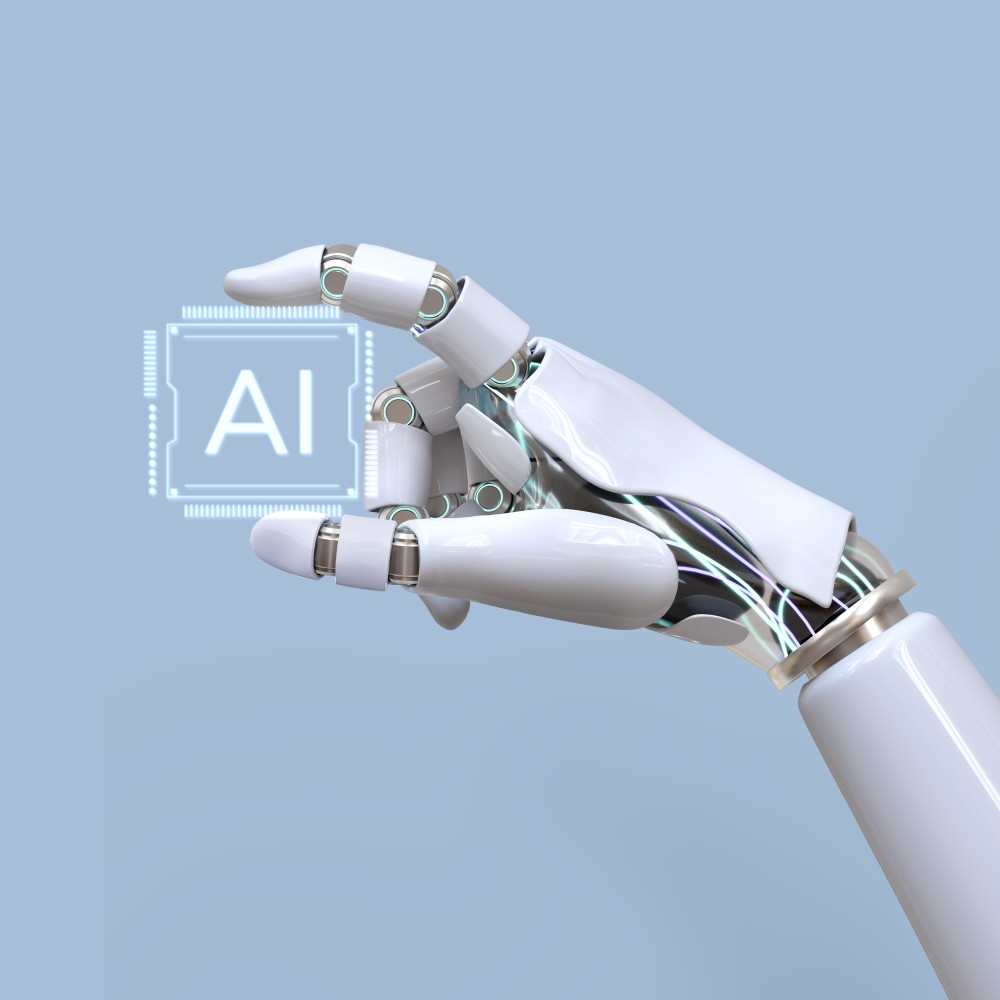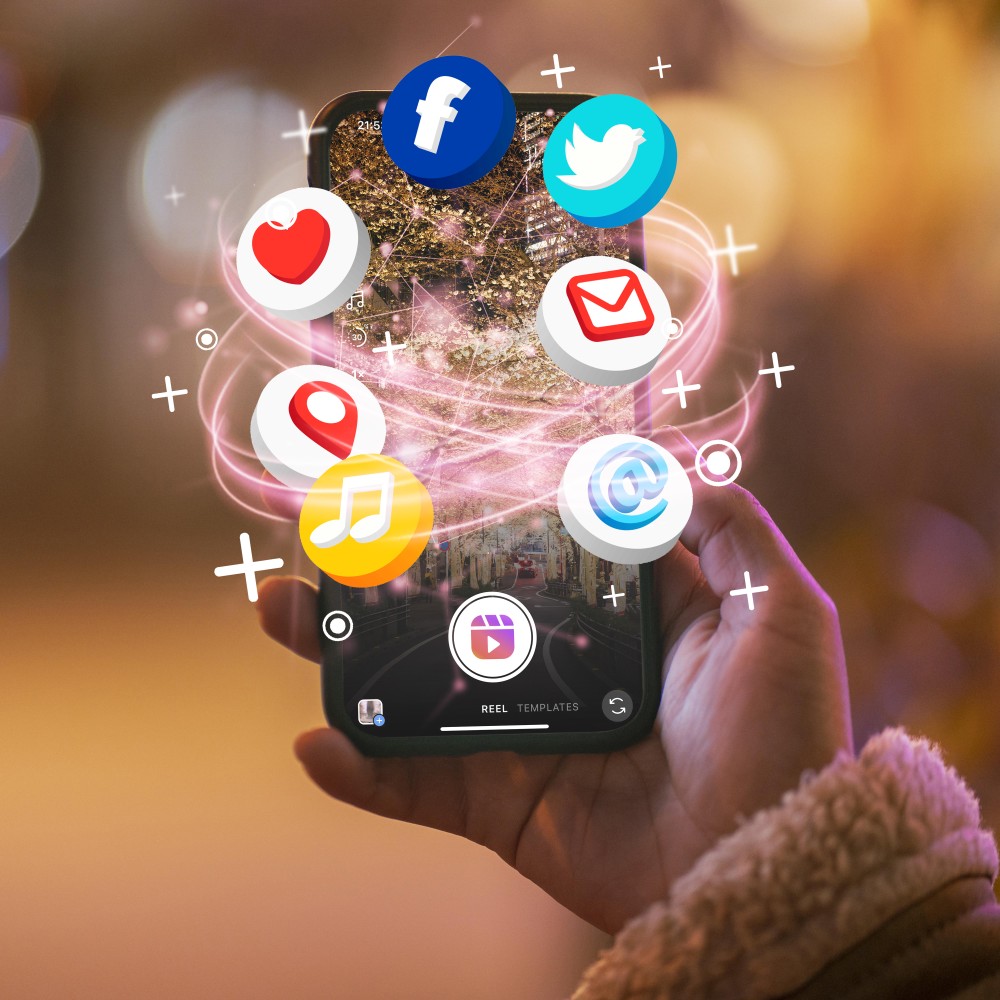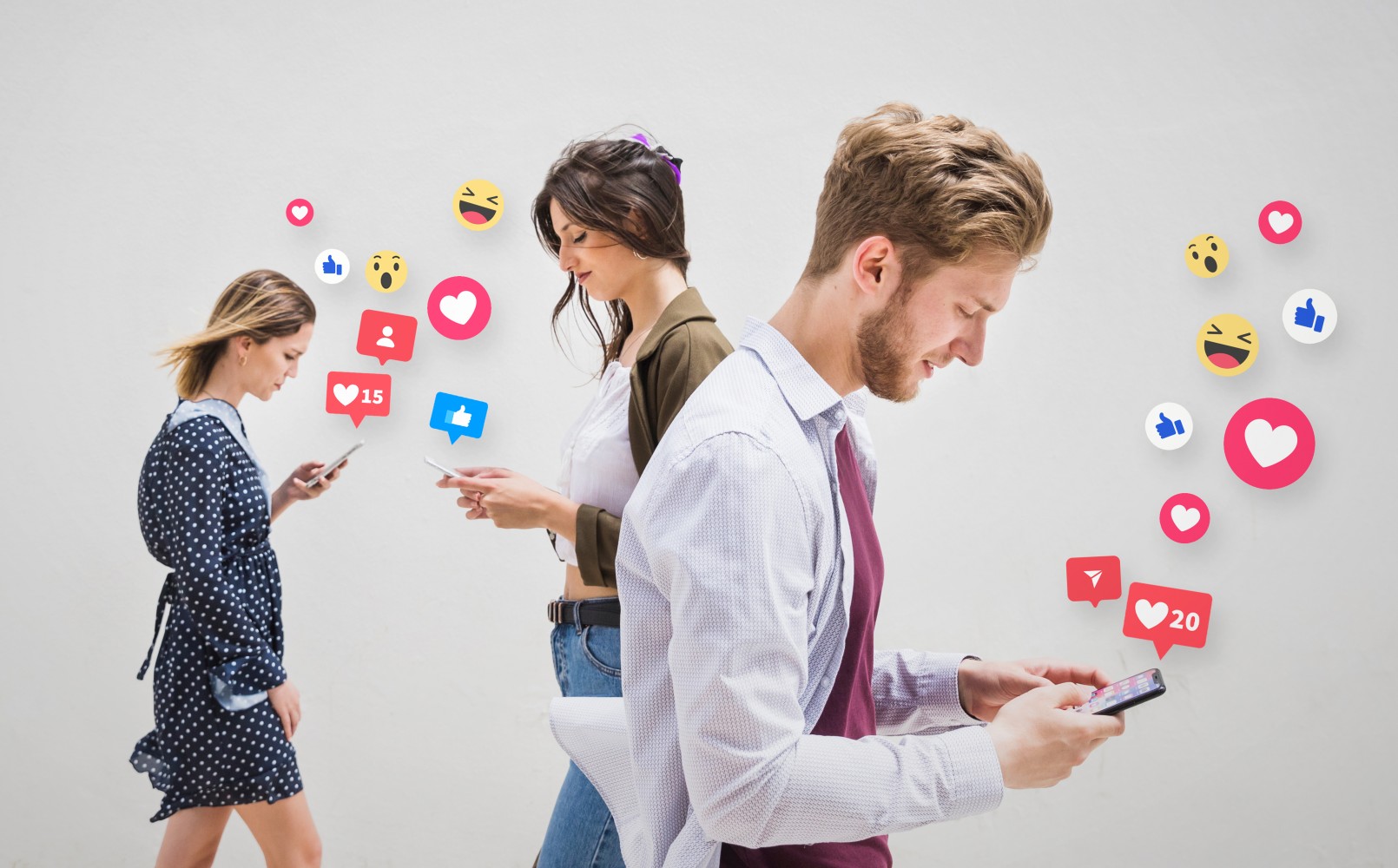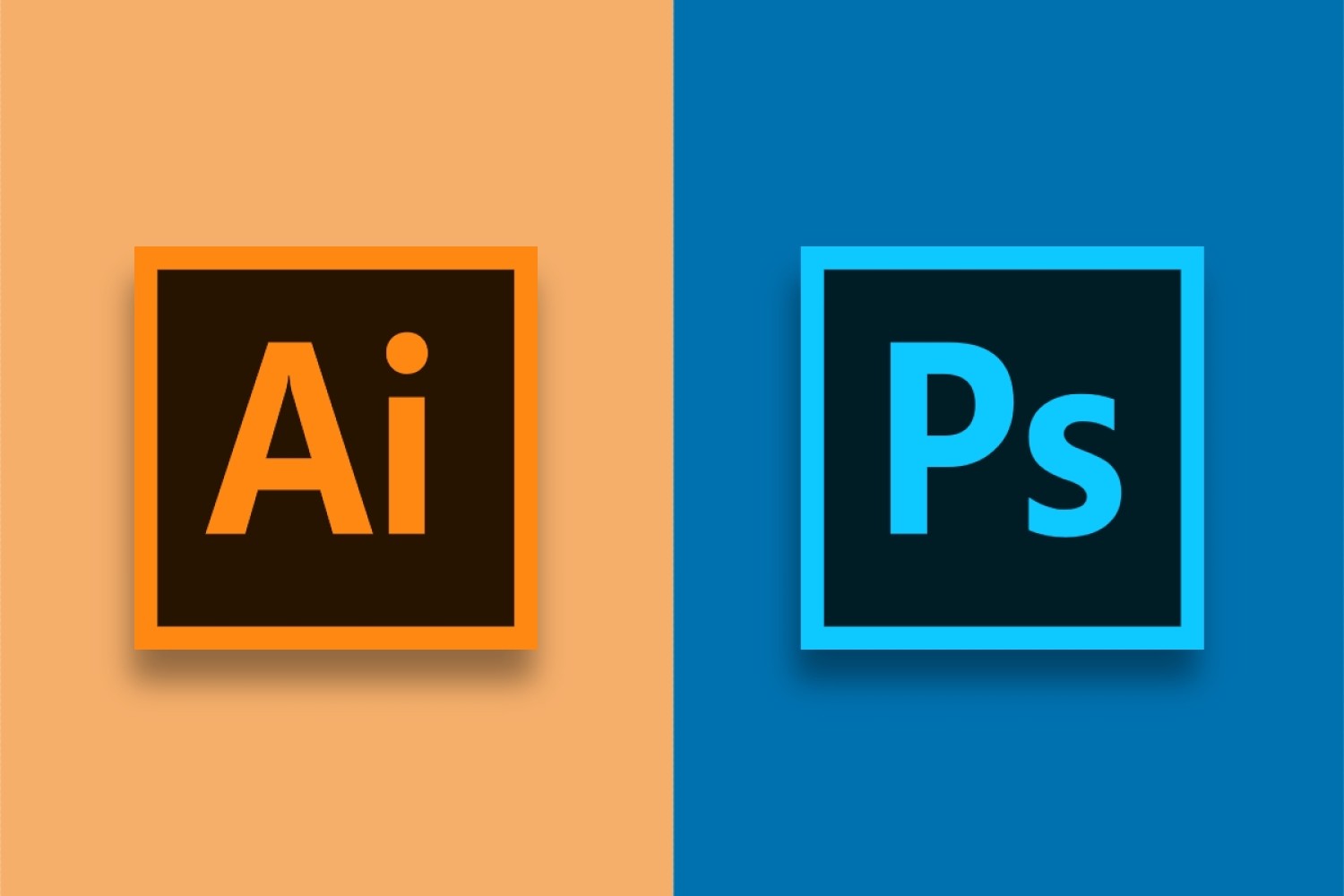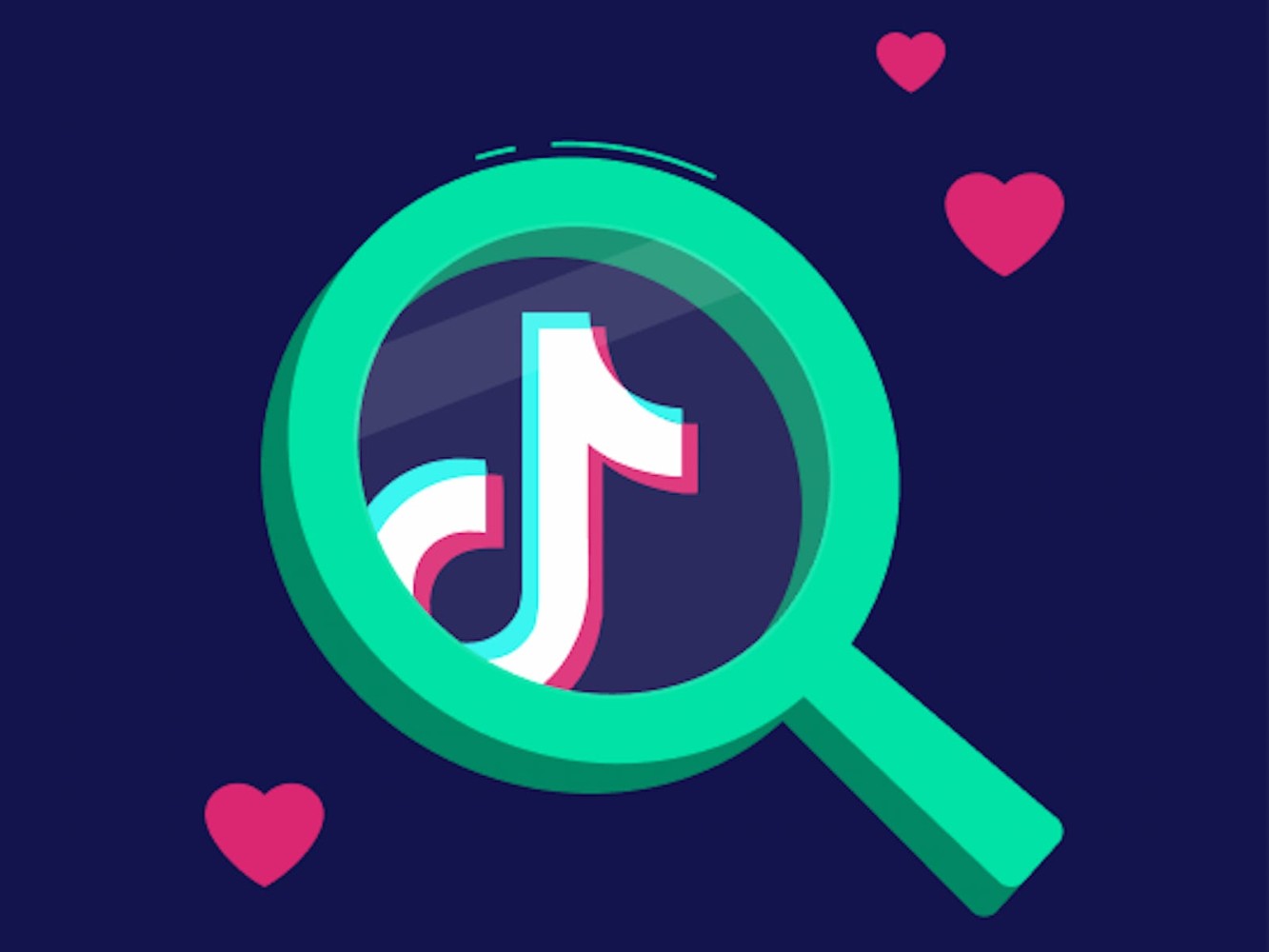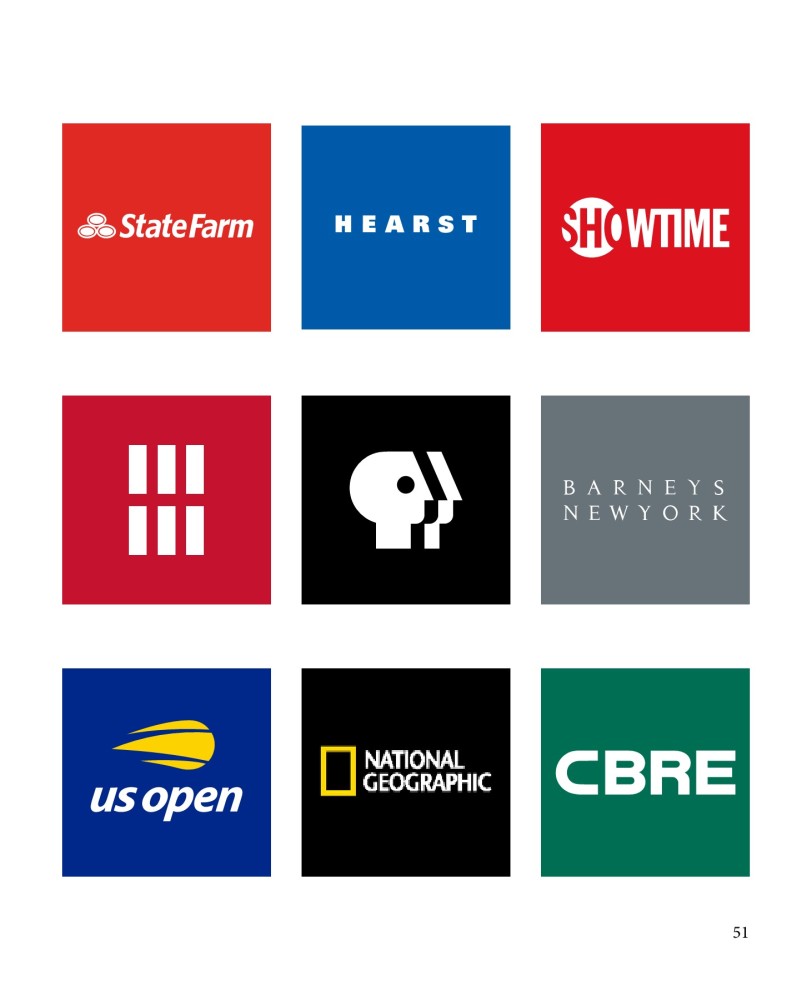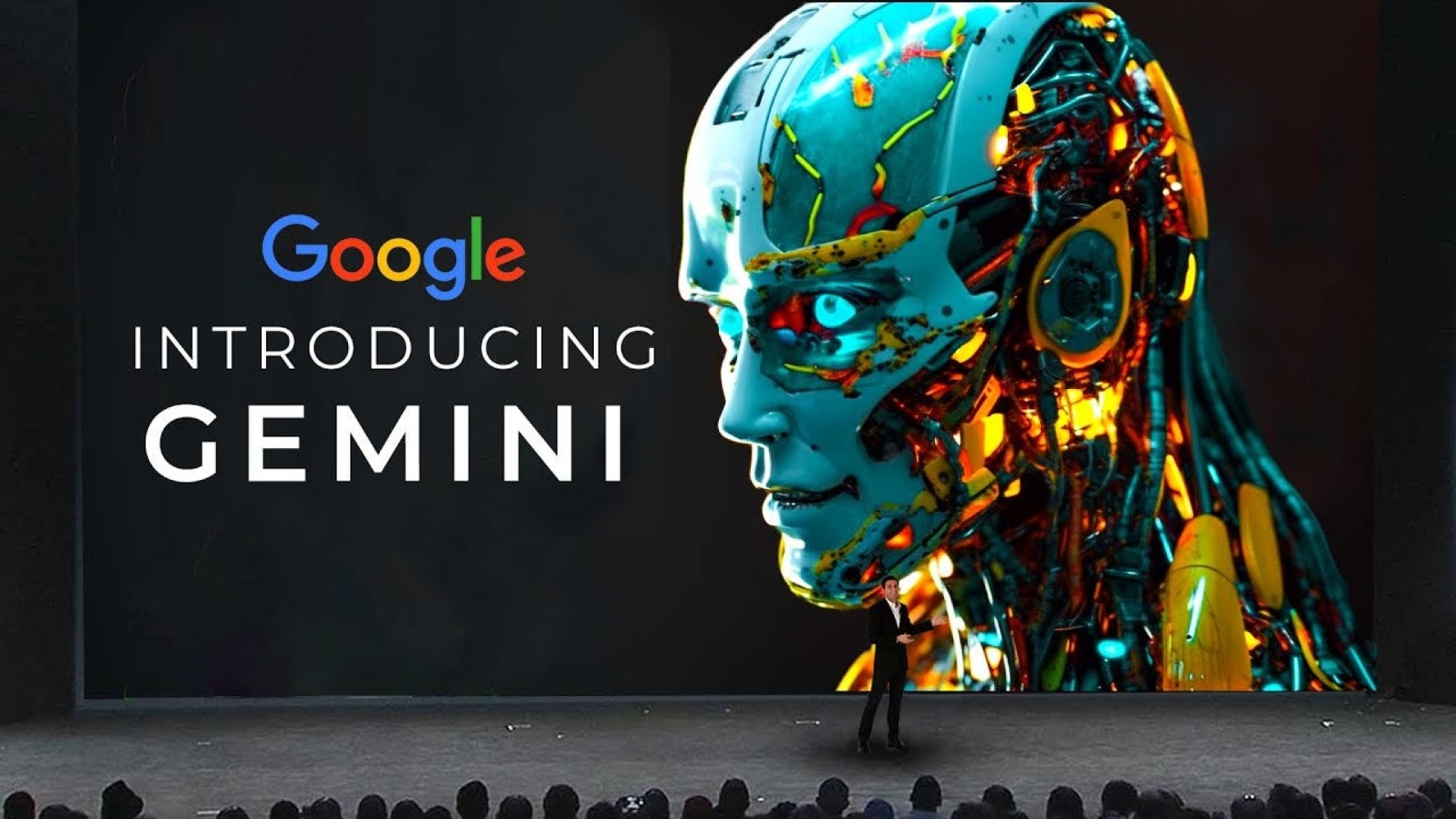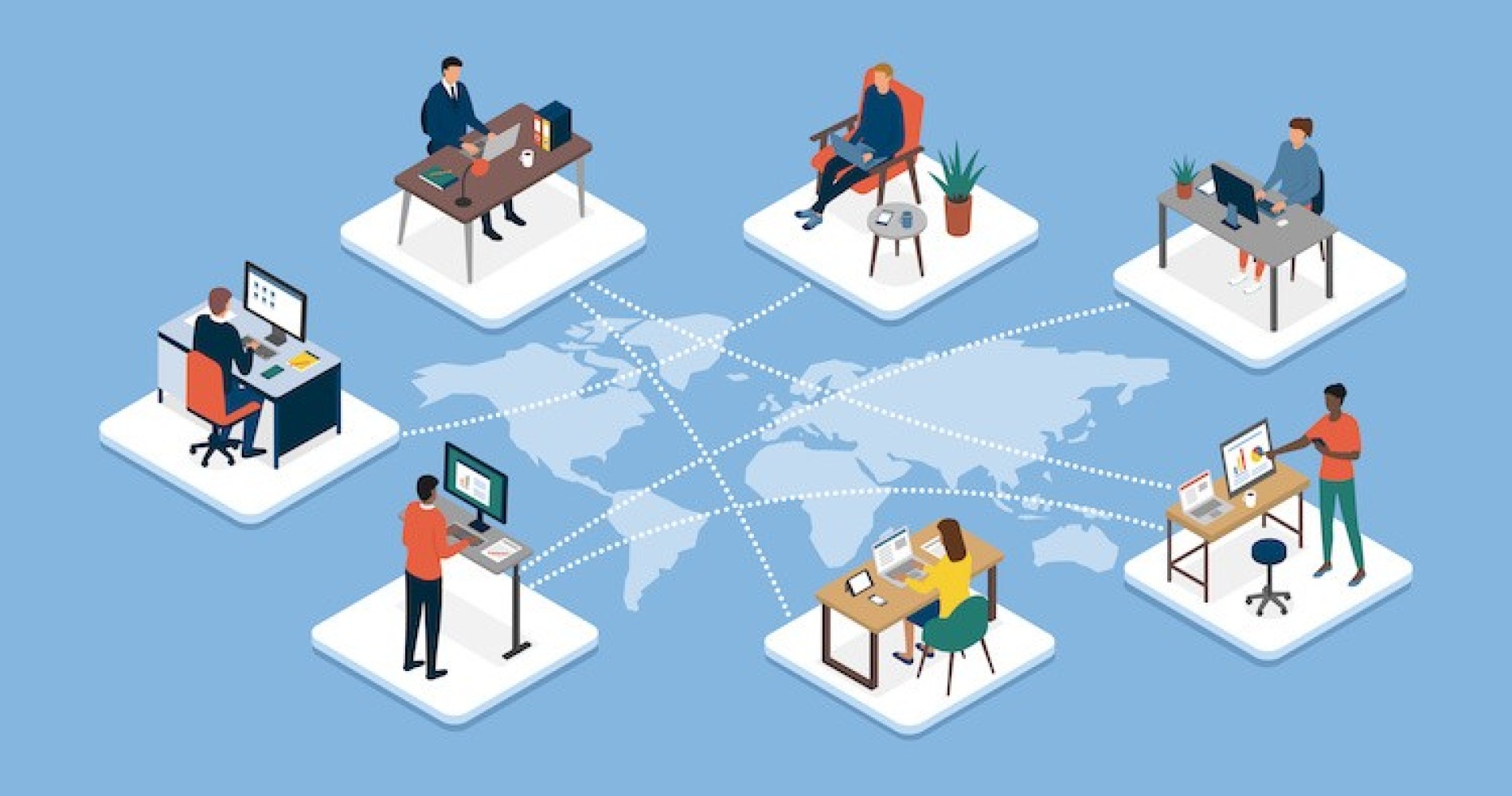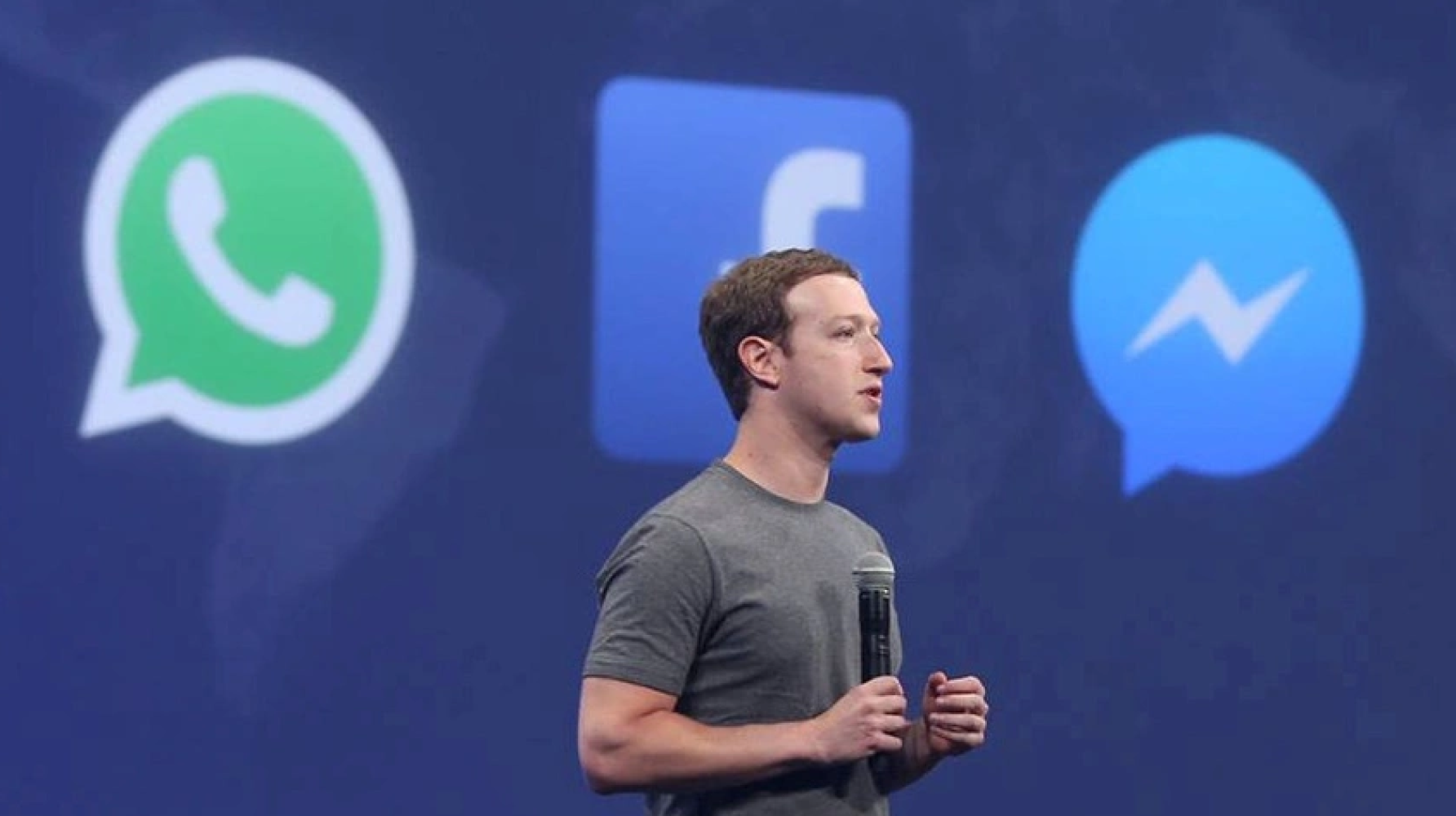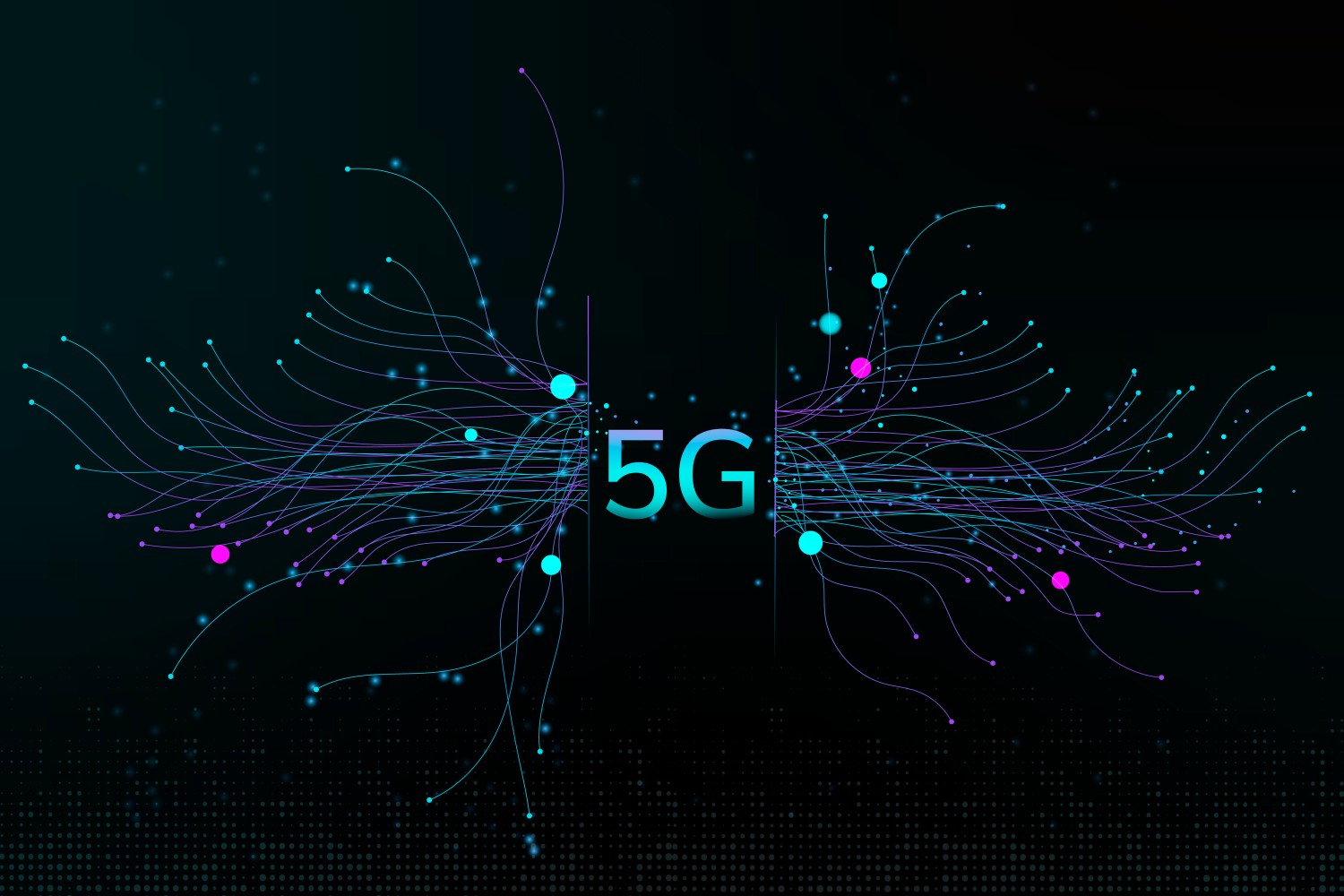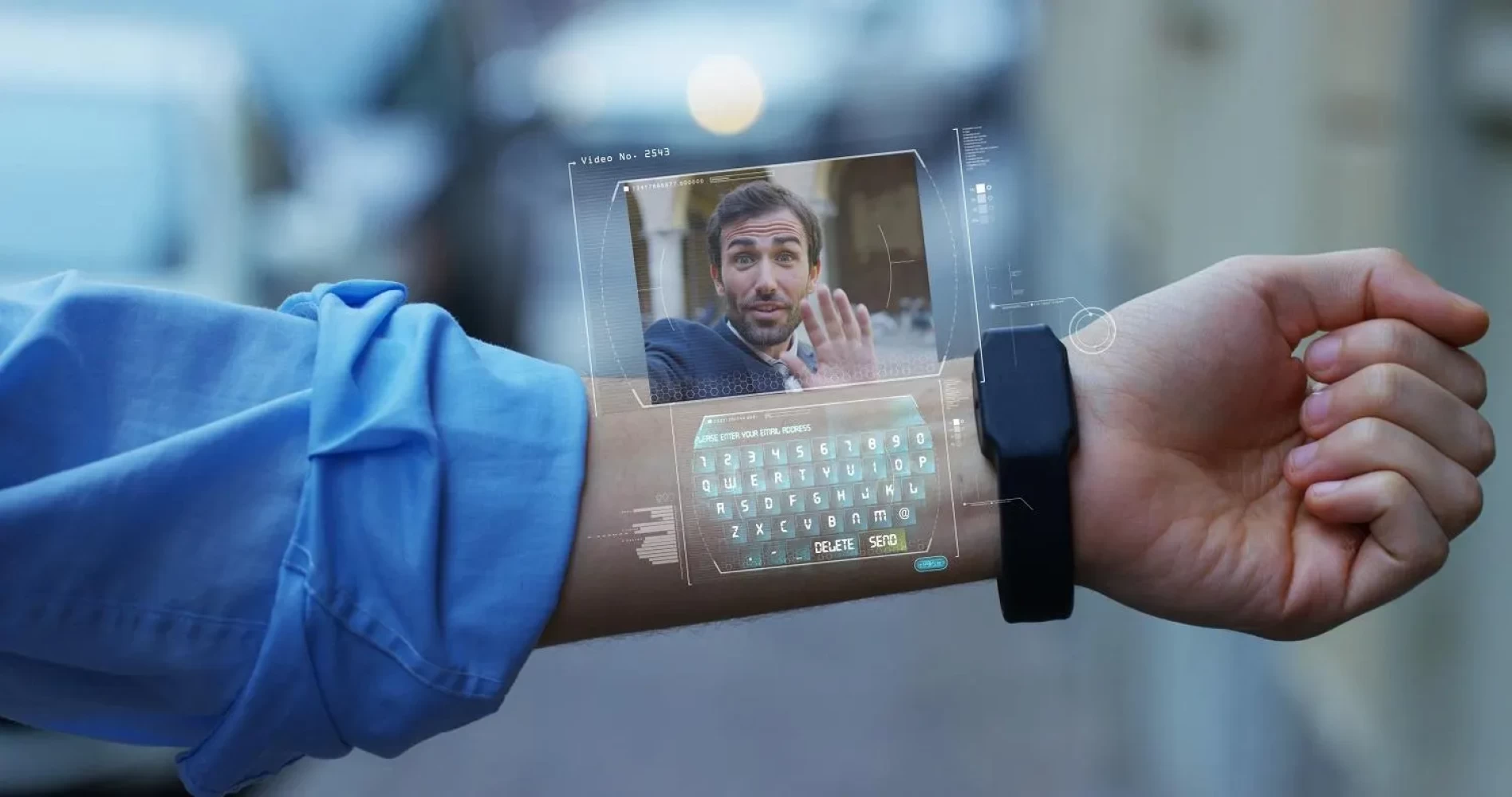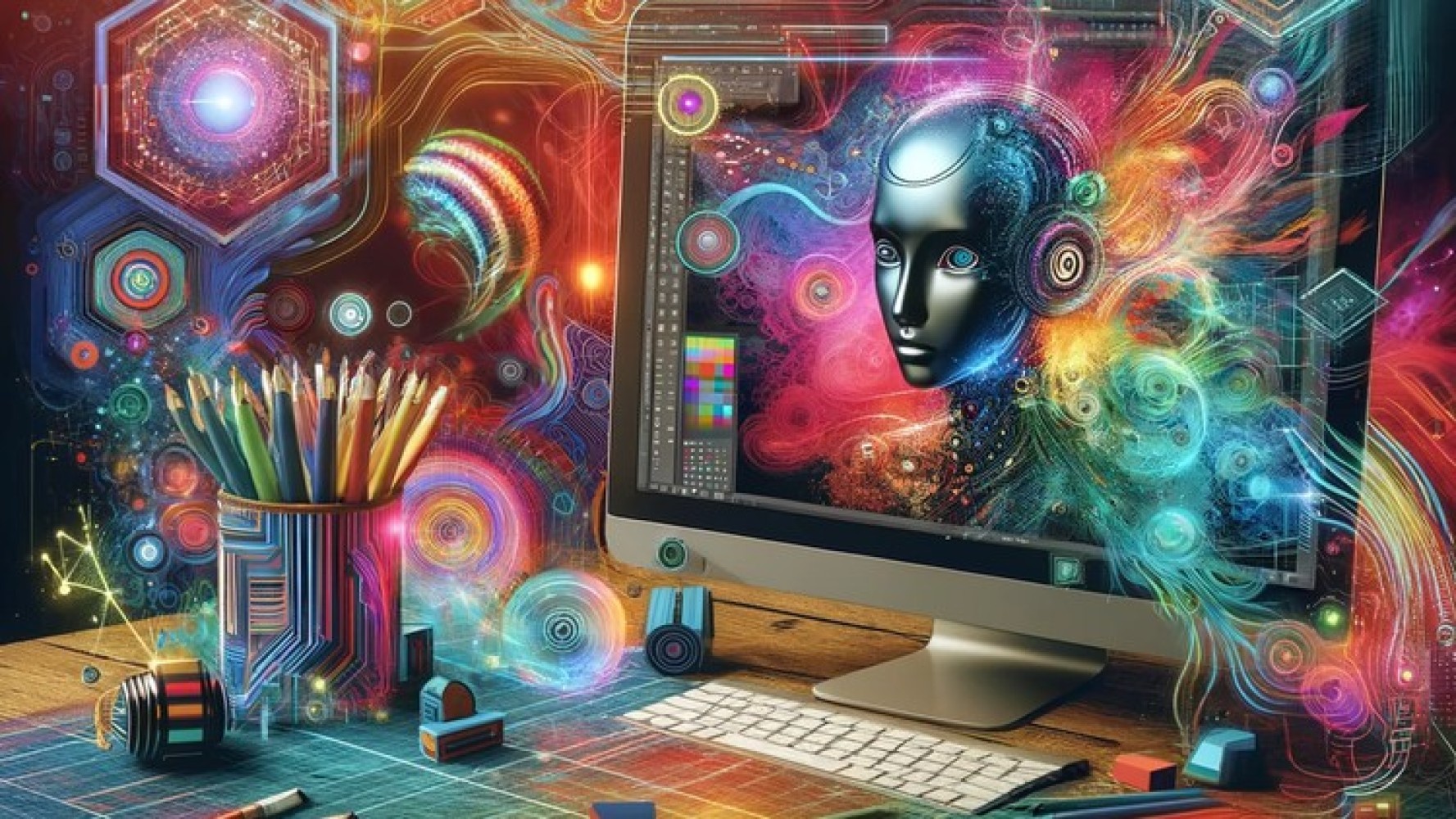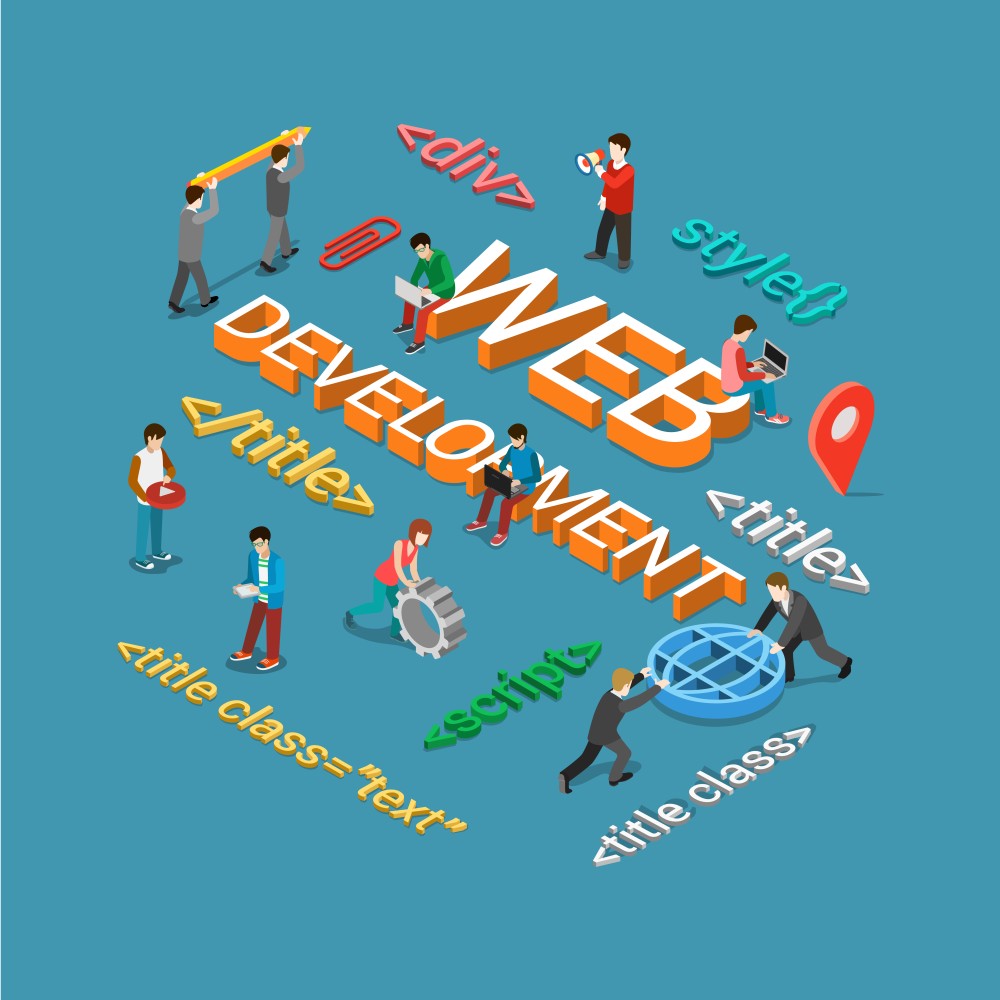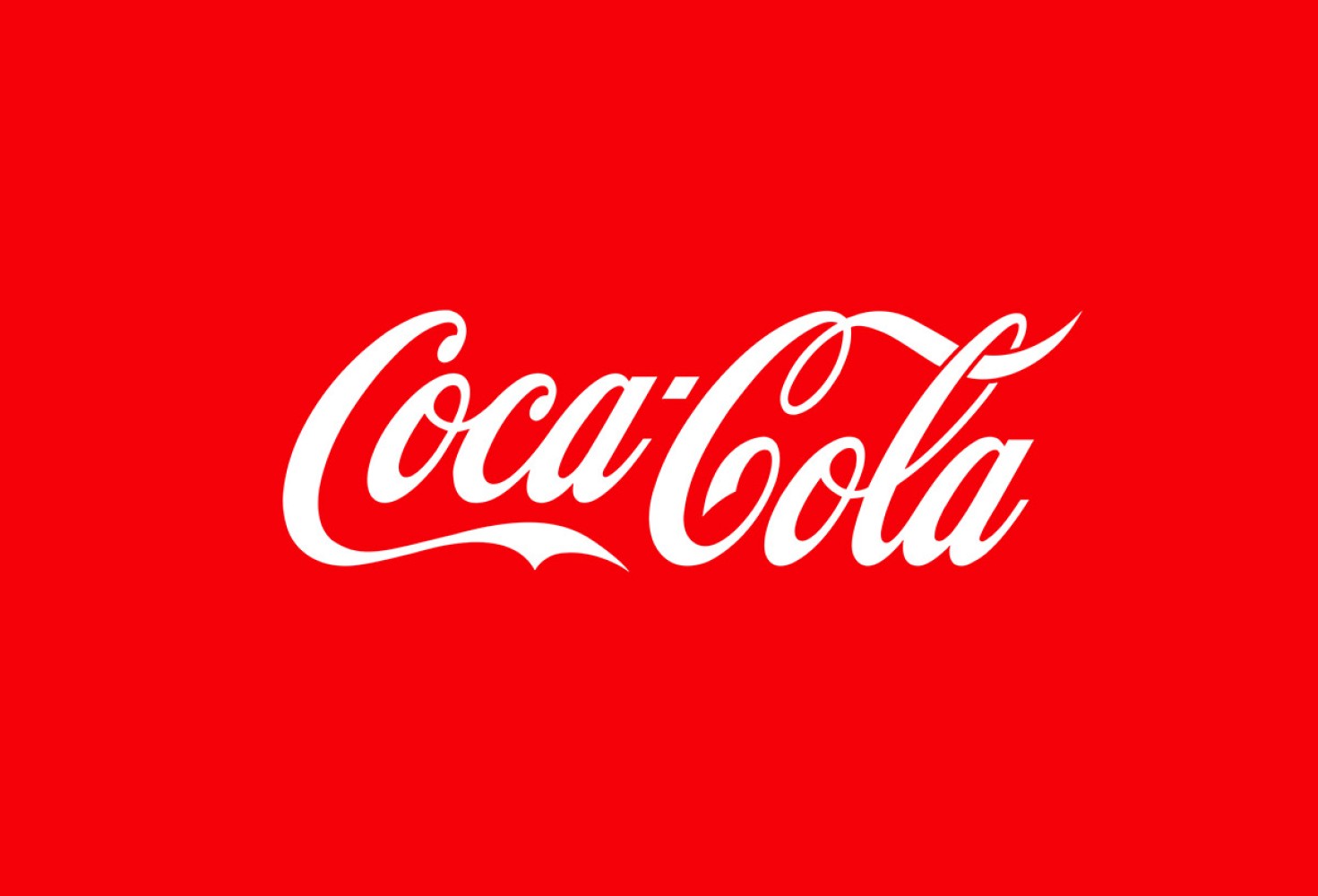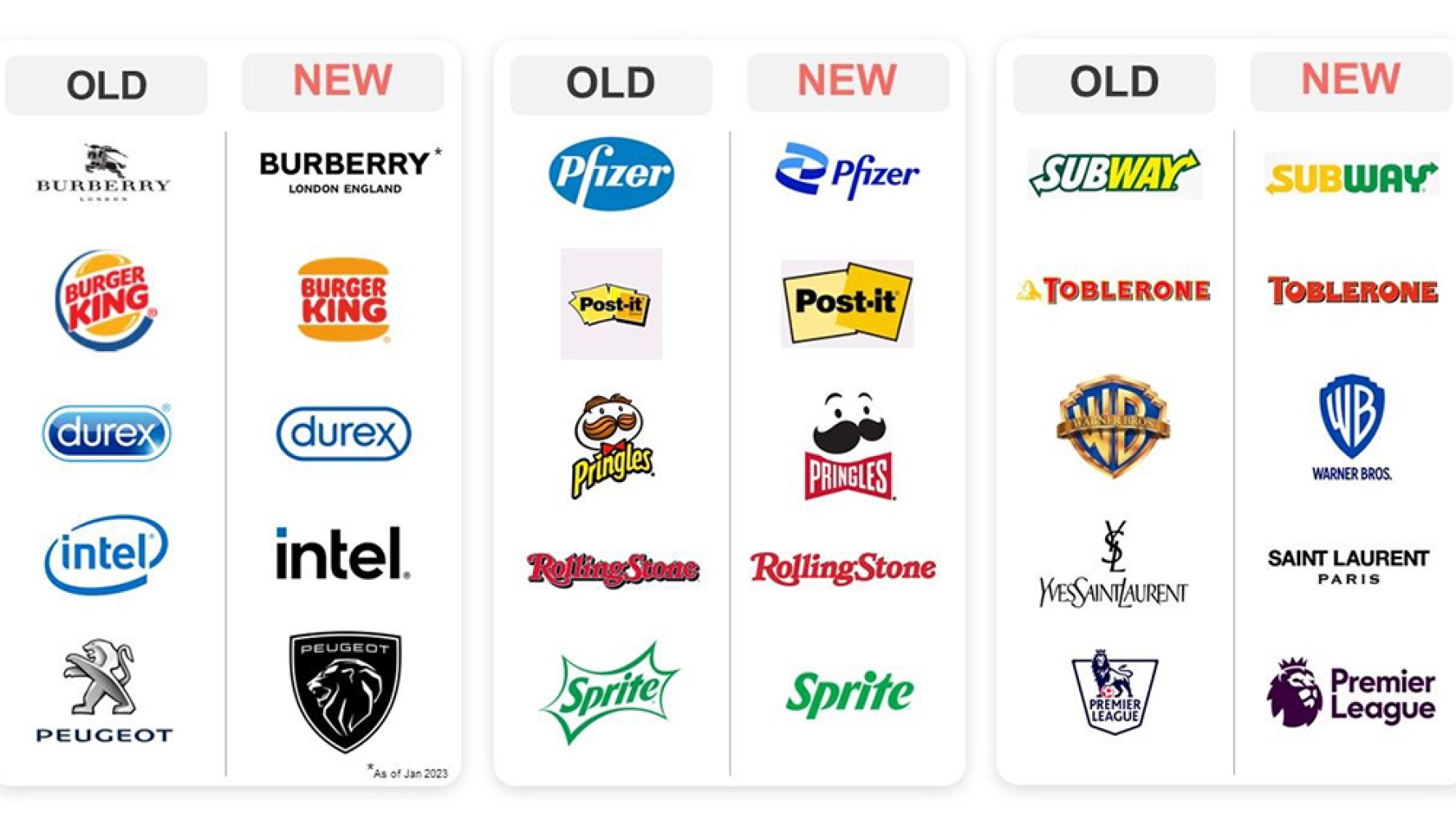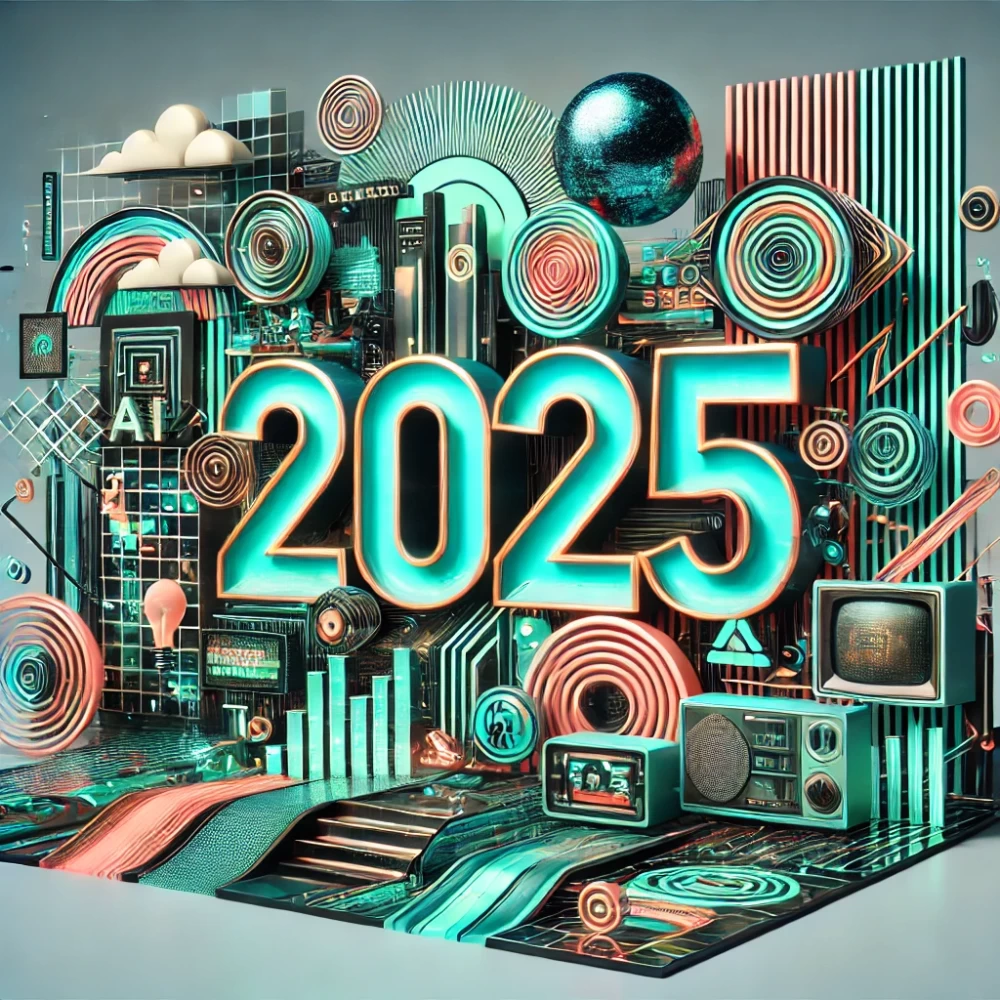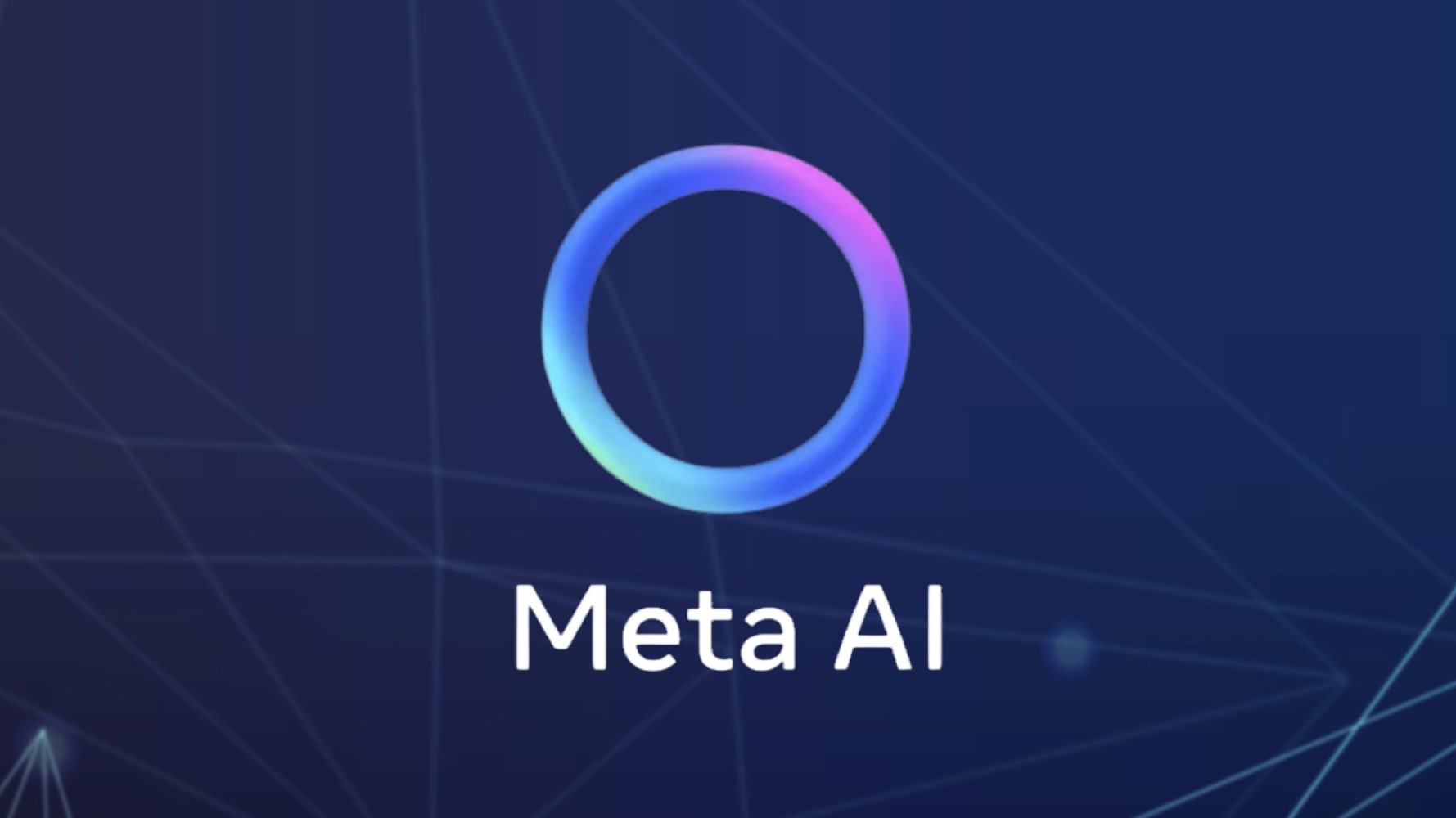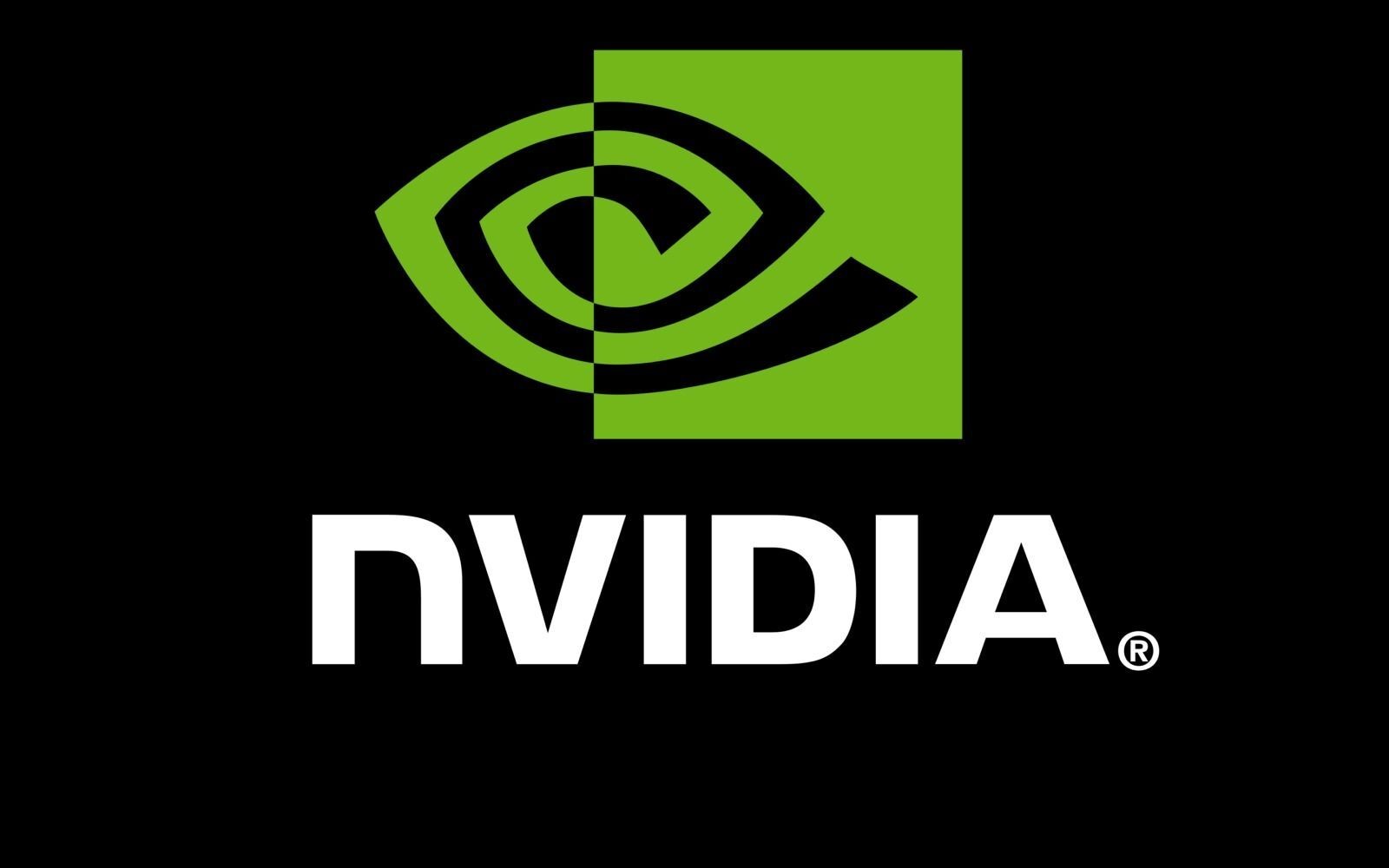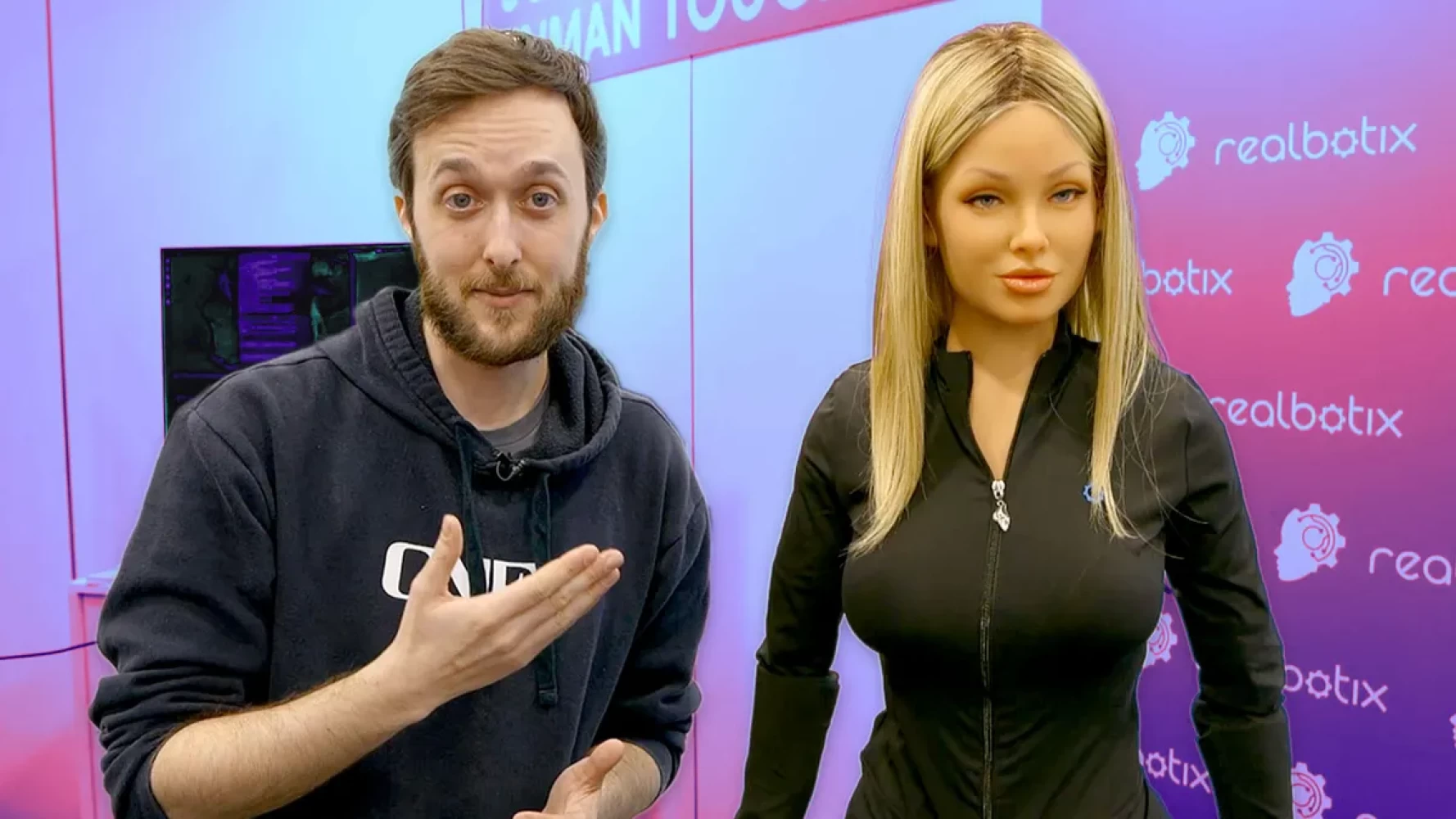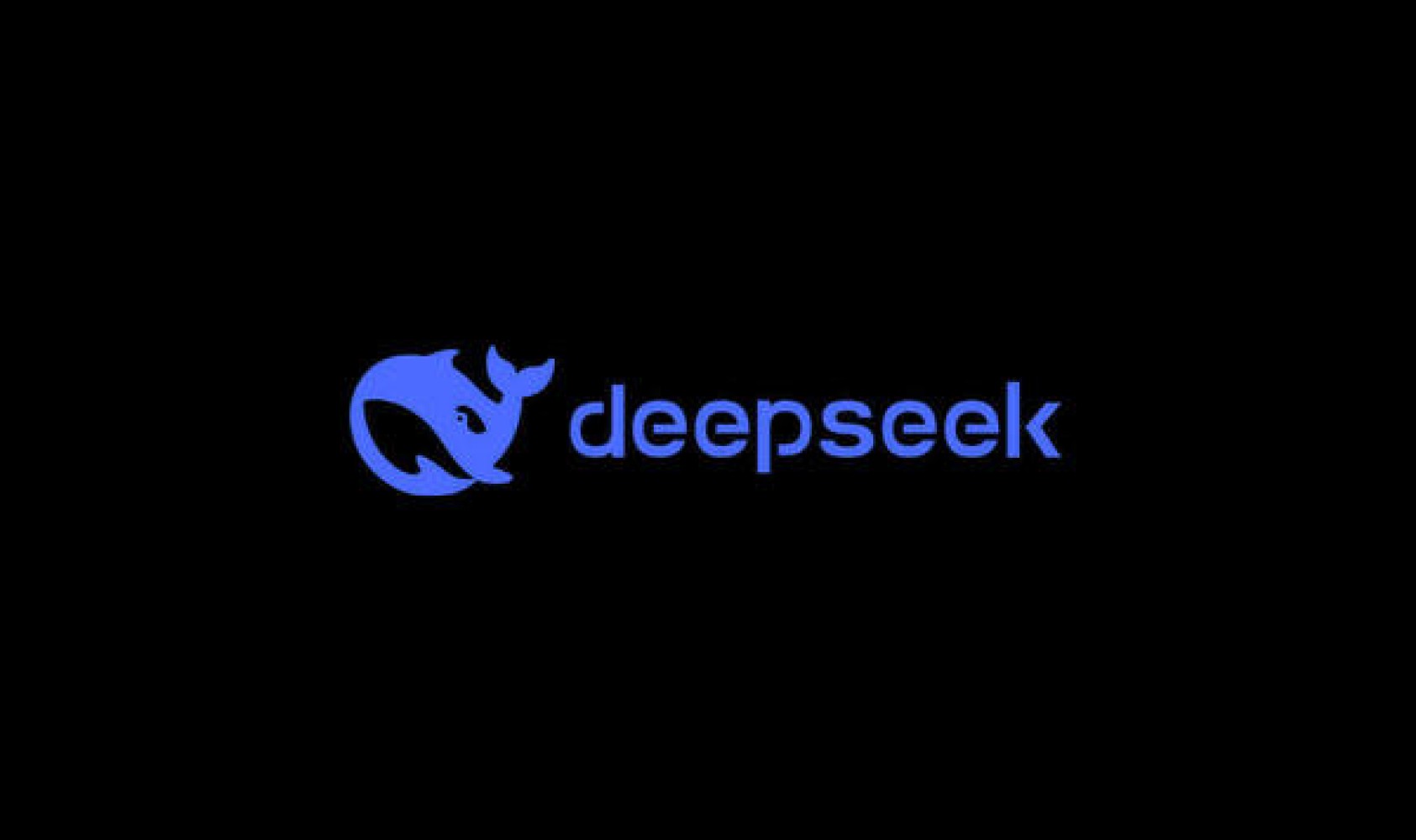The advent of Artificial Intelligence (AI) has sparked intense debate and speculation about its role in our future. It's a topic that captures both our imagination and our concerns about what lies ahead. So, let's dive into this complex issue and separate fact from fiction.
AI: Friend or Foe?
As AI continues to advance, many wonder if it will eventually replace humans in various roles. It's a valid concern, given AI's ability to perform tasks with speed and precision. However, the fear of complete human replacement overlooks a crucial aspect: the unique qualities that define us as humans.
Jobs at risk of being replaced by AI:
Production Workers: Repetitive and process-driven roles can be handled by AI
Translators: Advanced AI translation software can translate languages faster
Advertising Copywriters: AI can create catchy headlines and content quickly
Delivery Drivers: Self-driving vehicles powered by AI are on the horizon
Graphic Designers: AI can learn to mimic human artistic style
Programmers: AI is learning to write and debug code
These changes may seem intimidating, and there will indeed be disruption. But remember this: the transition away from humans may take many years. With their unique abilities, workers in these job roles can enhance their value in partnership with AI rather than being completely replaced.
Dispelling Misconceptions
One common misconception is that AI will completely take over human jobs. While AI excels at tasks involving data analysis and repetitive actions, it lacks the creativity, empathy, and critical thinking that humans bring to the table. These qualities are irreplaceable in fields like art, customer service, and leadership.
AI as a Partner in Progress
Rather than seeing AI as a threat, it's more accurate to view it as a collaborator. In industries such as healthcare and finance, AI enhances decision-making and efficiency. For instance, AI can analyze vast amounts of medical data to assist doctors in diagnosing illnesses more accurately. However, it's the human touch—the ability to connect with patients and make judgments—that ensures compassionate care.
The evolution of AI will continue rapidly, leading to entirely new ways of doing work. Employees should realize that rather than competing with AI, they need to adapt and align their skills to use AI effectively in their job roles. Upskilling to work with AI is more than surviving; it's about reinventing oneself, evolving, and thriving in a new and exciting world of possibilities.
Navigating Ethical Waters
Of course, the rise of AI isn't without ethical considerations. Issues like privacy, bias in algorithms, and job displacement need careful attention. Striking a balance between technological advancement and ethical standards is crucial to ensuring that AI benefits society as a whole.
Embracing the Future
Looking forward, the future with AI is one of collaboration and innovation. By leveraging AI's capabilities to automate routine tasks, humans can focus on higher-level thinking, creativity, and innovation. This partnership opens doors to new possibilities in education, healthcare, environmental sustainability, and beyond.
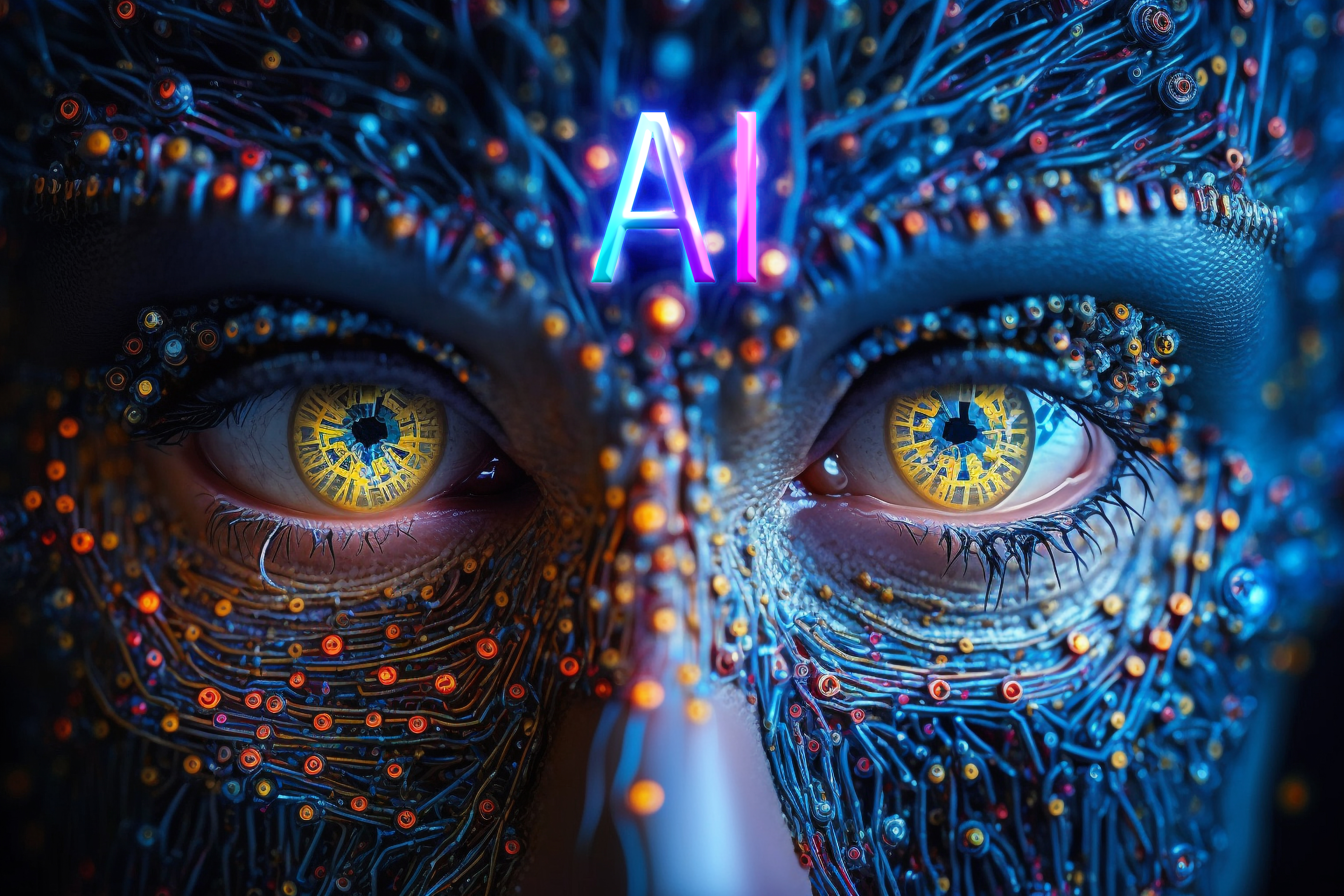
FAQ: What is AI going to replace?
AI will replace repetitive, routine tasks that require minimal creativity or emotional input, such as data entry, customer service chatbots, and specific aspects of content creation. Businesses want a thousand people's productivity, not a thousand people to manage. However, AI won't replace human jobs; it will augment existing roles, allowing companies to lean more on human capabilities.
By taking over routine tasks, AI will free people from their typical responsibilities, enabling them to focus on their roles' complex, strategic, and creative aspects that AI can't handle. At the same time, AI will amplify human skills, enhancing workforce performance and efficiency. This symbiotic relationship between humans and AI will be crucial for driving innovation and productivity in the future, as new technologies, marketing campaigns, and virtually every industry rely on the critical elements that only human intelligence can provide.
Final Thoughts
In conclusion, the narrative of AI replacing humans is overly simplistic. Instead, we should embrace AI as a tool that complements human abilities, making us more effective and efficient in our endeavors. As we continue to explore and harness the potential of AI, let's ensure that our advancements are guided by ethical principles and a commitment to enhancing human welfare.
The journey ahead with AI is one of promise and responsibility—a future where humans and technology work hand in hand to build a better world for generations to come.


